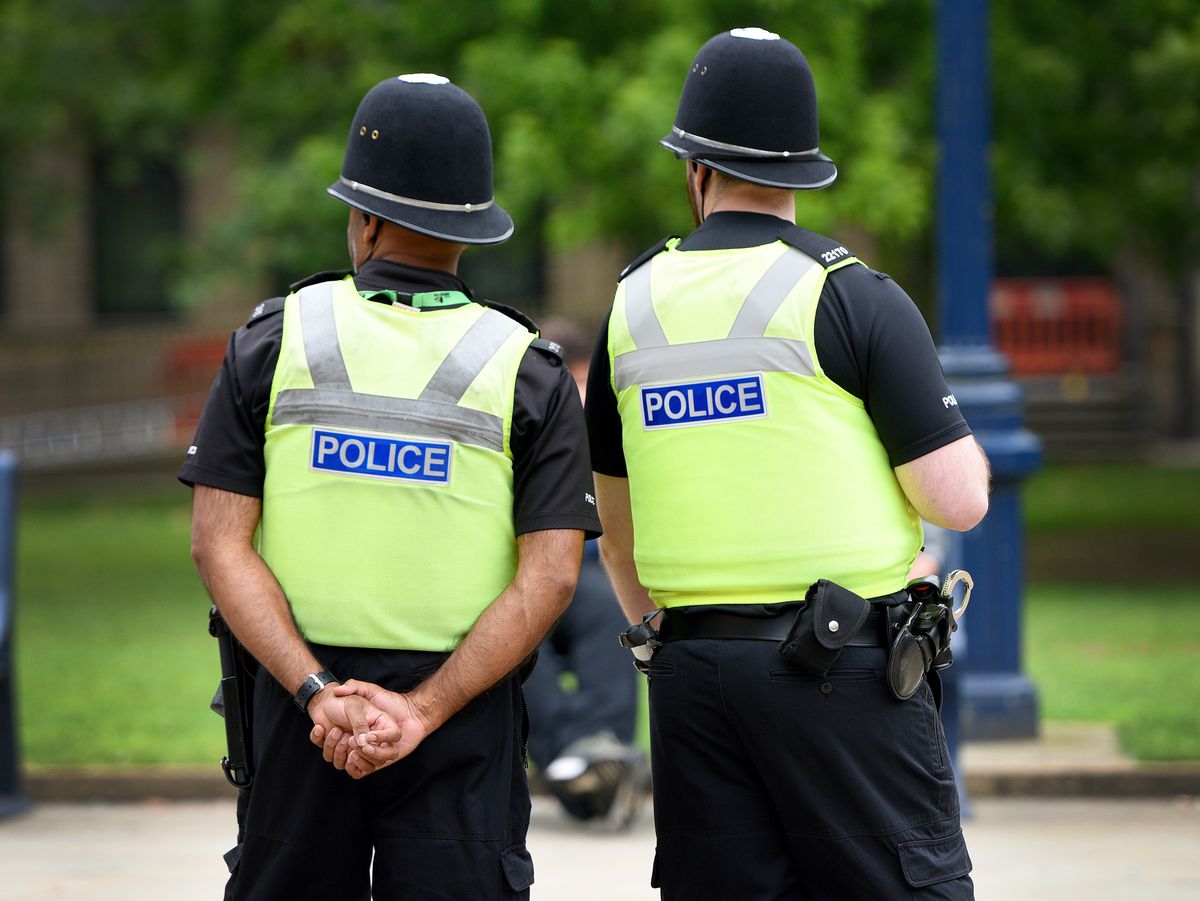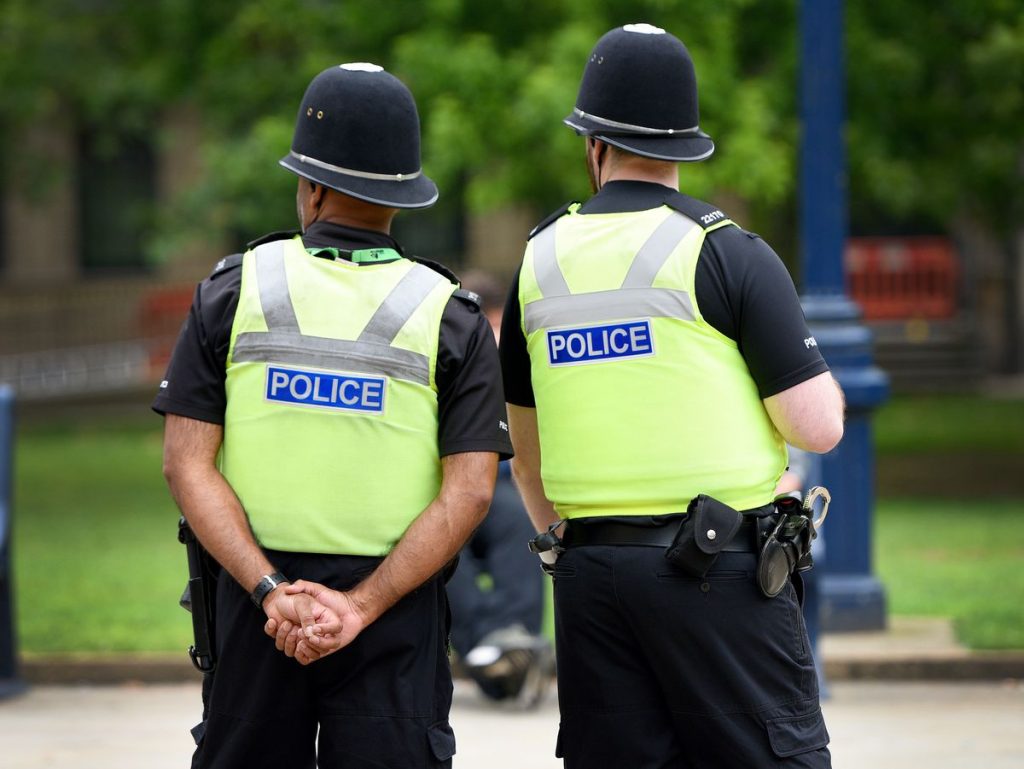Several freedom of information (FOI) requests have shown that a number of police forces across the country are using crime prediction software or predictive policing models.
There are different aspects to predictive policing, the first being location policing. This is where models predict where crime is about to happen in the near future. The other piece to the puzzle is predictive identification, where police identify people who are potentially about to engage in criminal activity.
Unsurprisingly, this tactic is inherently discriminatory, as previous police data that is full of racial biases is used, and sets an alarming precedent for data mining.
It’s to be expected that these practices will increase police surveillance, as the police collect more data, even on people who have never committed a crime. Furthermore, one can assume that this growing web of surveillance will be used to suppress political expression, including that of the YCL.
West Yorkshire Police is one force that uses such techniques, saying that they receive support from the College of Policing with “advanced technology” called Patrol-Wise, which is funded by University College London and the Home Office. Patrol-Wise analyses crime data then communicates said data to police officers on handheld devices.
Humberside Police revealed that they were trialling predictive technology but gave no further information.
West Midlands Police said that they have developed and are in the process of developing several predictive policing methods, most notably in areas of serious crime, knife crime and individuals who are allegedly most likely to move from low/middle levels of harm to high harm crimes, all of which are incredibly flimsy categories that encompass many different crimes. Hampshire Police use Demar Forecasting, which is owned by Process Evolution.
Many other forces said that they have no information nor do they currently use predictive policing models whereas some did not respond to the FOI requests despite public authorities being required to respond within 20 days.
Curiously, a 2019 report by Liberty shows that some of the forces who said they did not use predictive policing models are in fact listed as using such models.
As people from poorer communities are more likely to have data held about them by public services, it becomes clear that these techniques will target working-class communities the harshest in an already inhospitable environment.
These practices are a prime example of how existing police data will imbed racist policing into these algorithms, as black people are already racially targeted for knife crime offences, with young black men becoming especially vilified by the media.
Black neighbourhoods are already intensely over-policed with young black men being disproportionately stopped and searched and humiliated regularly, despite most times the police finding nothing incriminating. These police practices will undoubtedly restrict working-class black people’s rights to freedom of association, free movement in public space and the presumption of innocence even further.
This last year has aired the misogyny and racism built into UK police forces from their very inception, from Sarah Everard’s murder by a serving police officer; police officers taking photos with the murdered bodies of Nicole Smallman and Bibaa Henry; the Police, Crime, Sentencing, and Courts Bill; to the harsher changes in the Official Secrets Act.
These appalling incidents should also be viewed in the context of the privatisation of the NHS, austerity, the targeting of disabled people on Universal Credit, the neglectful handling of the pandemic, and the hostile environment. When one community is targeted by the capitalist state, the rest soon follows.
The pairing in particular of racist predictive policing models and the hostile environment demonstrates how the government is ramping up its adoption of quite explicitly racist political expression to divide the working-class.
That’s why the YCL campaigns and fights against the Tories’ push towards these invasive and in some cases lethal policies.
Georgina Andrews, is a member of the YCL’s Merseyside branch




